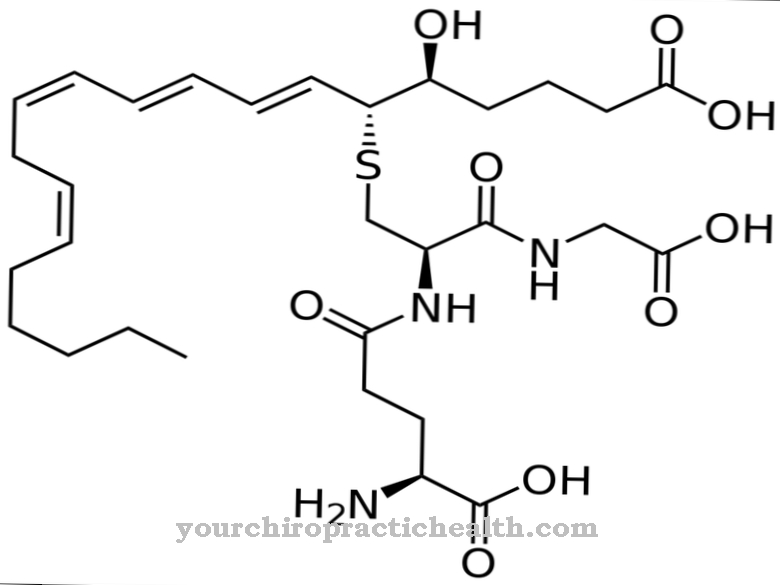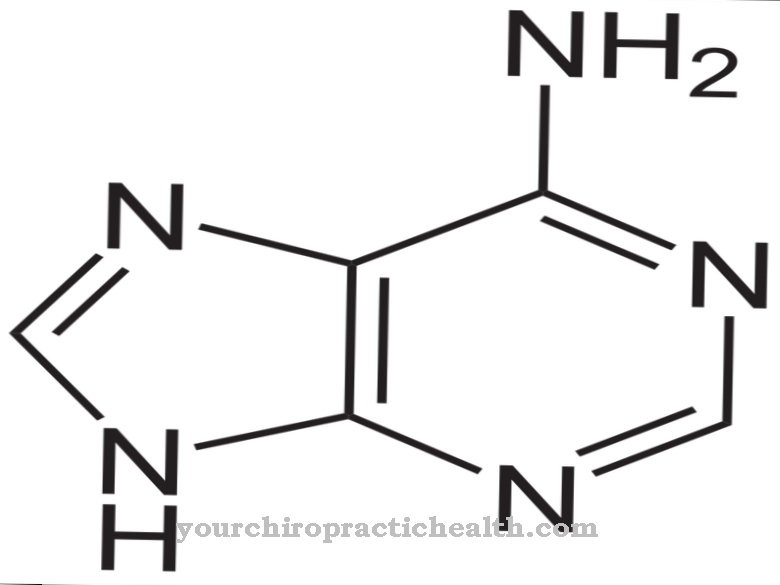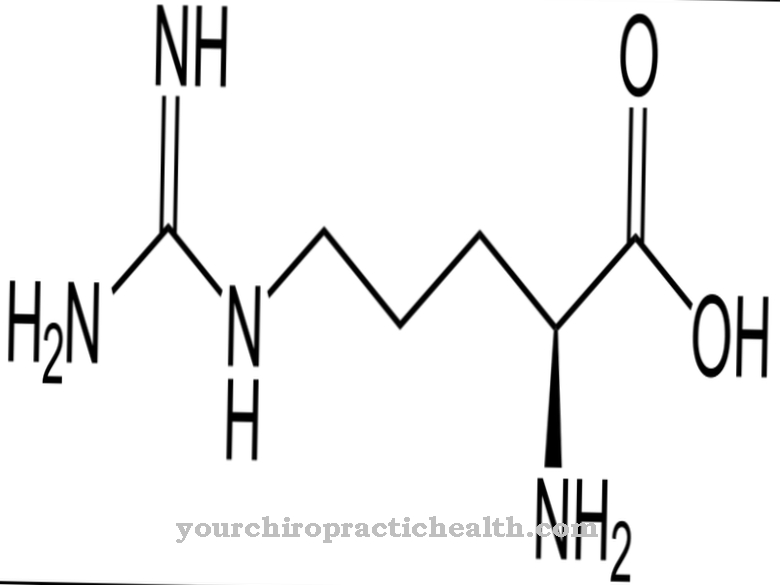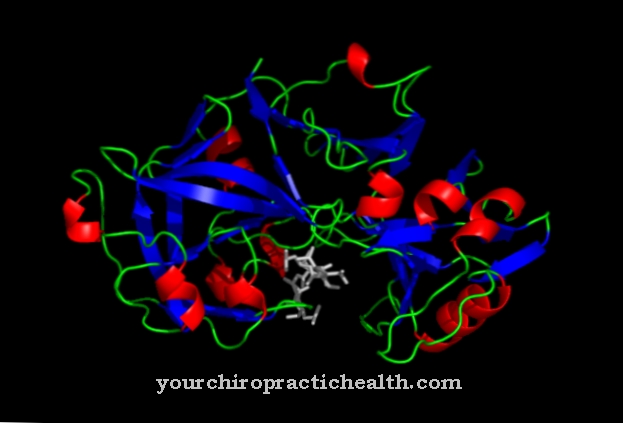Under Vitamin D, one understands a group of substances that occur in many living things. Especially Vitamin D2 and Vitamin D3 are important to humans. and The nature of all variants of vitamin D is similar to cholesterol. Vitamin D is transformed in many ways in the human metabolism.
How vitamin D works

The aim of these processes is always the production of hormones. These processes are not yet fully known in detail. The function of vitamin D in the form of calcitriol is well described. This hormone is important for calcium balance and growth and the maintenance of healthy bones.
In addition, vitamin D acts as calcitriol on some other organs. The hormone plays an important role in the control circuits of the immune system. Calcitriol is also involved in the control of skin, muscle and nerve functions.
All of the hormones in the vitamin D family have similarly wide-ranging effects. The body can produce vitamin D itself in the skin. However, sufficient solar radiation is required for this.
meaning
The most important importance of vitamin D is known from what used to be the most common deficiency of vitamin D. Children who were not exposed to enough sunlight developed rickets. The disease is accompanied by severe malformations of the bones. Only treatment with cod liver oil could prevent further growth damage. The fish oil is rich in vitamin D.
Doctors now associate many diseases with a lack of vitamin D. Most of these are, however, assumptions that are of course supported by scientific studies. Infectious diseases occur more frequently when there is an insufficient supply of vitamin D. This underlines the functional importance of vitamin D for the immune system.
An insufficient supply of vitamin D is also suspected to favor some types of cancer. How important vitamin D is for the metabolism is shown by the rise in dangerous blood lipid levels, which is partly attributed to insufficient vitamin D. Vitamin D is said to reduce the risk of some nervous system diseases.
This is suspected for multiple sclerosis and dementia.
A sufficient supply of vitamin D is of crucial importance for general performance. Intensive physical activity such as sport or hard work are therefore also determined by the amount of vitamin D available.
Elderly people and small children have a significantly increased need for vitamin D. It should be noted that vitamin D can also have a slightly toxic effect in the event of extreme overdosage.The symptoms are similar to a migraine, in addition, cardiac arrhythmias can occur.
Occurrence in food
The healthy body produces vitamin D in sufficient quantities through the effects of sunlight. The precursors from which vitamin D is made are found in sufficient quantities in food.
Therefore, under normal conditions, the body does not need a supply of vitamin D. However, the formation of vitamin D can be disturbed if certain conditions are met. This is likely to happen when a genetic predisposition inhibits the natural process of vitamin D creation. There are also living conditions that lead to decreased absorption of solar radiation.
Examples of this are long periods of illness or a very old age. In all of these cases, an additional supply of vitamin D can make sense. Vitamin D is almost exclusively contained in large amounts in animal foods such as fish oil (cod liver oil) and high-fat fish, beef liver, eggs and milk. Avocados are good herbal sources of vitamin D.













.jpg)

.jpg)
.jpg)











.jpg)